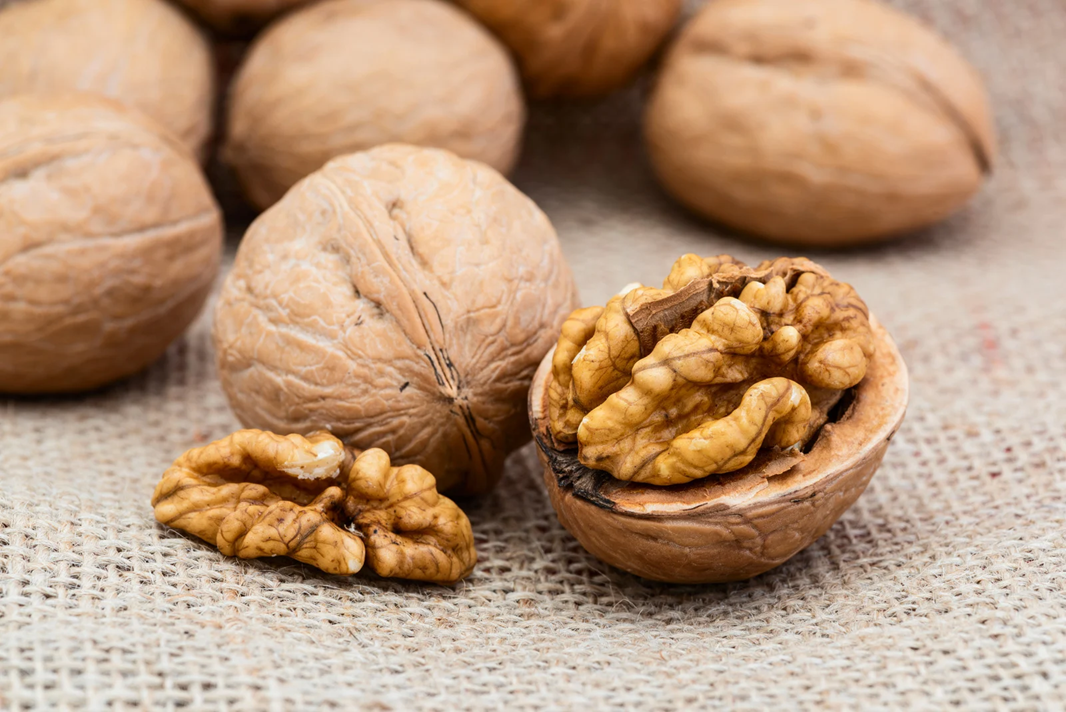About Gut Health
Health starts in the gut, and extends through every system
The Gut-Health Cascade:
Why Staying Well Starts in the Microbiota
Maintaining a diverse gut microbiota does more than just avoiding illness; it is the mitigation of a downward spiral. Meaning, we are less likely to need antibiotics, which, while lifesaving when necessary, are also among the most powerful disruptors of gut microbial diversity.
When gut microbiota diversity decreases, it becomes more susceptible to dysbiosis, secondary infections, and inflammatory conditions, often taking a long time to recover. A weakened gut microbiota makes the body less resilient, creating a cycle of illness, further antibiotic use, and greater microbial loss.
Avoiding this downward spiral also reduces the risk of hospitalization, where exposure to pathogens (some antibiotic-resistant) and stressful environments can heighten vulnerability even further.

Enter Binding Proteins
From the very start of life, nature understood the importance of building resilience.
Packed with IgGs, a mother’s first milk shows us the blueprint: resilience starts in the gut.
Binding Proteins build on this natural principle.
They are a new class of functional food ingredients derived from IgGs, retaining only the precision binding part that neutralizes disruptive metabolites from unhealthy microbes, supporting the gut’s protective functions without disturbing its beneficial community.
With a vegan-friendly profile and efficacy at low daily intake, they offer a targeted, evidence-based way to reinforce gut and immune function.

Nutrition That Seeds a Healthy Gut Microbiota
As healthcare moves from a reactive to proactive model, bioactive ingredients are gaining momentum. Found in functional foods, beverages, and supplements, these compounds are designed to interact with the body’s systems, especially the gut microbiota.
Among the most promising bioactive ingredients are the “-biotics”, which influence the gut ecosystem in distinct but complementary ways.
Prebiotics: non-digestible fibers that feed and support healthy microbes
Probiotics: live healthy microbes that add beneficial species to the gut
Postbiotics: healthy metabolites produced by microbes that support gut and immune function
Binding Proteins complement these by selectively neutralizing unhealthy metabolites, helping safeguard the healthy community they aim to build.
Together, these form a science-based foundation for a resilient gut ecosystem.

Related Articles

A New Gut Sense: How Microbial Cues May Quickly Shape Appetite
Imagine you’re about to eat, and then your appetite simply fades. What might have happened? One possibility involves microorganisms living in the gut. The intestinal microbiota can engage gut–brain neural circuits, but the molecular mechanisms mediating these interactions remain incompletely understood.
.png)
How Gut Bacteria Shape Our Genes Through Fiber
Scientists have long observed that eating more dietary fiber is linked to a healthier gut and a lower risk of diseases like colorectal cancer. A new study in Nature Metabolism explored the mechanism behind this link in both cell cultures and mice. The researchers looked at what happens when fiber is broken down by gut bacteria. When gut bacteria degrade fibers, short-chain fatty acids (SCFAs), including butyrate and propionate are produced. These metabolites act as histone deacetylase inhibitors, leading to the addition of chemical “tags” (acetyl groups) on proteins called histones, which package DNA. The placement of these tags changes how tightly DNA is wrapped and makes certain genes easier to access. This process directly influenced genes involved in cell growth, repair of the gut lining, communication with the immune system, and the regulation of pathways that are often disrupted in cancer.

A Longevity Secret from the Centenerian Gut: Mesaconic Acid
In a remote corner of southern China lies Jiaoling, a place famous for its extraordinary number of centenarians. Curious about what keeps these people thriving well past 100, scientists turned their attention to an often overlooked yet crucial part of the body: the gut. In a 2025 study, Wu and collegues collected samples from 224 residents spanning ages 20 to 110 and found a striking pattern. The centenarians carried a far richer and more balanced community of gut microbes than younger people, with high levels of helpful species like Lactobacillus, Akkermansia, and Christensenella. A rich microbiome is known to be more stable and better at fending off harmful bacteria, and the centenarians’ blood also brimmed with antioxidant compounds that help protect cells from damage over time, consistent with an anti-aging profile.
.png)